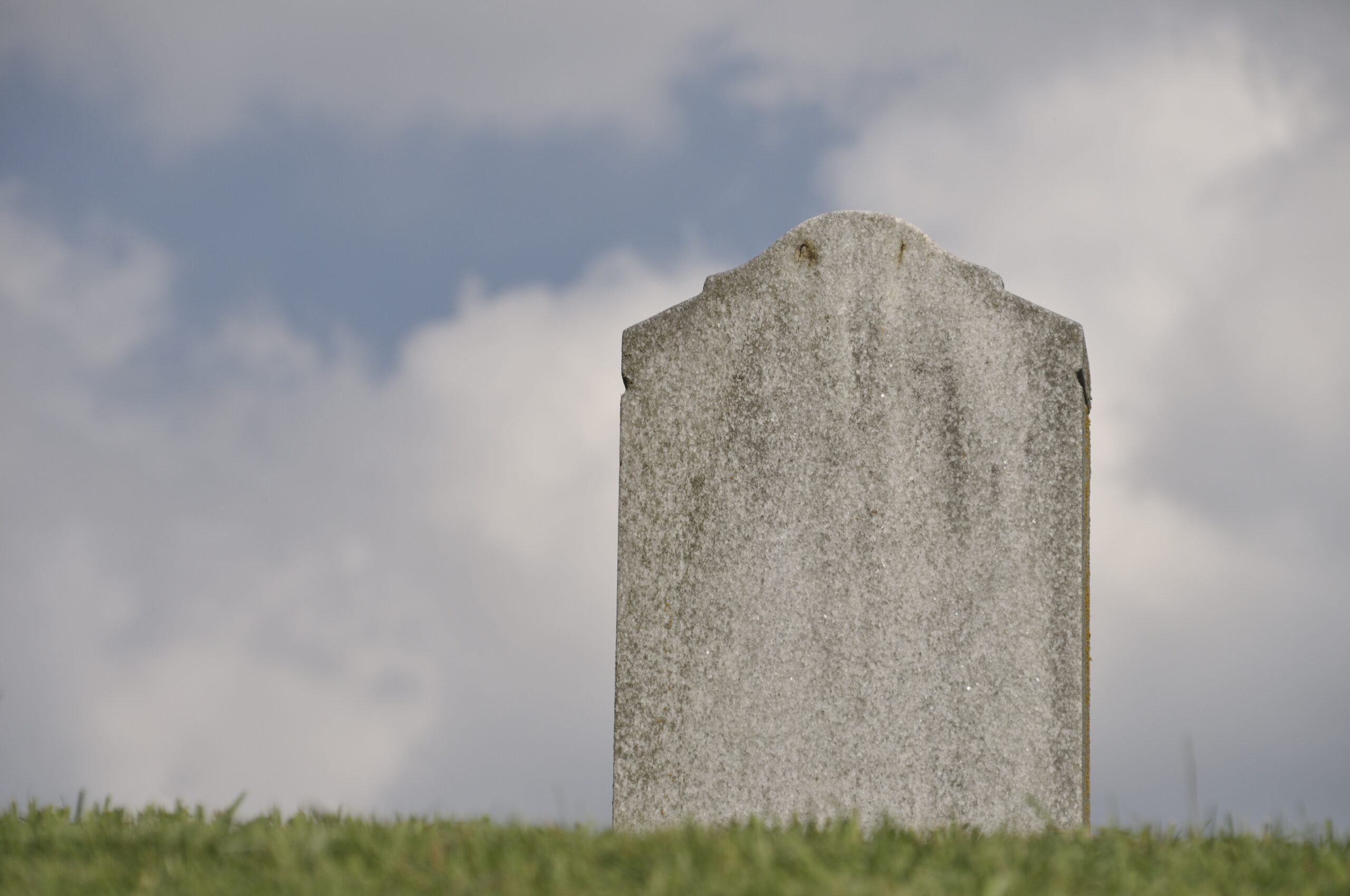A dog walker has uncovered some unique Black history at a cemetery in Massachusetts. Joyce Linehan came across a gravesite that read “Home for Aged Colored Women.” And she quickly realized the headstones in the area didn’t resemble others. None included any names or dates.
The cemetery’s superintended, Sid Sibley, was also fascinated by the find when made aware of the discovery.
“It’s a piece of history, and I’m fascinated by that,” Sibley told WBZ News.

Home for Aged Colored Women
Linehan sifted through the Massachusetts Historical Society archives to learn more about the Dorchester gravesite’s history. Founded in 1860, the Home for Aged Colored Women was intended to help elderly, poor Black women in Boston.
“Joyce Linehan found 20 names, and by starting that process, of trying to put at least a name to these people or some stories, she uncovered 139,” Massachusetts Historical Society President Catherine Allgor told WBZ-TV.
The archives revealed that most Black women buried there were former slaves who fled the South when the Emancipation Proclamation was signed. Since slaves weren’t considered people back then, some women were only identified by their first names. With no money and likely no family, the women were buried in a mass grave, the same one Linehan encountered.
The historical archives uncovered more than some of these women’s names.
“When you go deeper into their archives of an organization, you find reports, you find letters. In this case, Mrs. Merrick’s letters here come alive,” said Allgor.
Snippets from these letters give a glimpse of the women’s personalities over a century later.
“Doesn’t look good for Mrs. Merrick,” Allgor read. “Setting forth her unhappiness at the home and asking her to help her leave it!”
They Have Their Own Story
Each of the 139 women at the “Home for Aged Colored Women” has their own story of how they ended up in Boston, and their stories inspire others. According to WBZ News, women like Domonique Williams were touched by the story of the gravesite and wanted to honor these women’s legacy.
“We’re looking back at history and making sure that we’re trying to honor the legacy of the women who came here looking for a better life,” she said. “It’s powerful to know there are women now are so connected to women who started here in Boston.”
The women of the “Home for Aged Colored Women” will no longer be forgotten in history.
“So many of us don’t know what our legacies are or what our family history is, so to have the opportunity to name these women and making sure their legacies are remembered is an honor,” Williams said.
